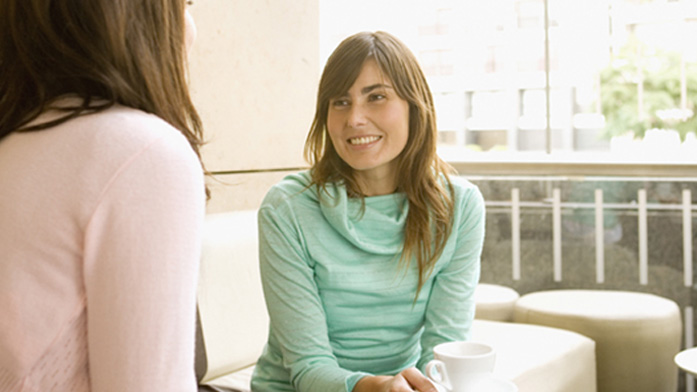Recovery and Treatment Options

Local Resources
If you think you might need help for anxiety:
Talk to your healthcare provider.
For sliding scale counseling services:
Interface Children & Family Services
icfs.org
(805) 485-6114
City Impact
cityimpact.com
(805) 983-3636
Jewish Family Services
jfsvc.org
(805) 641-6565
California Lutheran University Community Counseling Centers
clucounseling.org
Oxnard - (805) 493-3059
Thousand Oaks - (805) 493-3390
Clinicas del Camino Real
clinicas.org
Oxnard, Santa Paula, Simi Valley, Thousand Oaks, Ventura
(805) 647-6353
See more at 211ventura.org/mental-health or call 2-1-1.
Deaf or hard of hearing services:
Tri-County GLAD
tcglad.org
TTY: 805-644-6323
VP: 805-256-1053
Voice: 805-644-6322
Email: info@tcglad.org
For assessment and referral:
Call the VCBH STAR Team at
1-866-998-2243
Knowing that each person is different, one or more of the following options could be the right form of treatment for an anxiety disorder, and each should be explored carefully.
PSYCHOTHERAPY
Psychotherapy, sometimes called “talk therapy," consists of a patient building a personal relationship with a therapist who listens without judgment and communicates acceptance. A therapist can help you understand your illness and how to live with it productively. A therapist can also encourage you to work through your emotional blocks and move forward with your life
MEDICATION
It may take a few tries to find the right medication for your anxiety disorder, but once you have the right one, it can be key to your recovery. Work with your therapist and/or doctor to find which medication may work for you.
COGNITIVE BEHAVIORAL THERAPY
Cognitive Behavioral Therapy (CBT) can help you learn to analyze your own thought patterns and behaviors and to solve your own problems. With CBT, you can become empowered with tools to help recognize how you feel and develop a realistic perspective in situations that previously felt overwhelming. CBT can also help you develop ways to avoid things that trigger anxiety.
STRESS REDUCTION AND RELAXATION
Other healthy practices that may help you reduce anxiety are deep breathing, meditation, exercise, and yoga. See Reducing Stress.
HEALTHY HABITS CAN ALSO HELP REDUCE STRESS:
- Cut down on caffeine.
- Reduce refined sugar.
- Eat more complex carbohydrates: whole grains, fruits and vegetables.
- Avoid nicotine.
- Get regular exercise. Just 30 minutes a day will naturally reduce anxiety by releasing endorphins, which increases your feeling of well-being.
- Get enough sleep so you are well rested.
